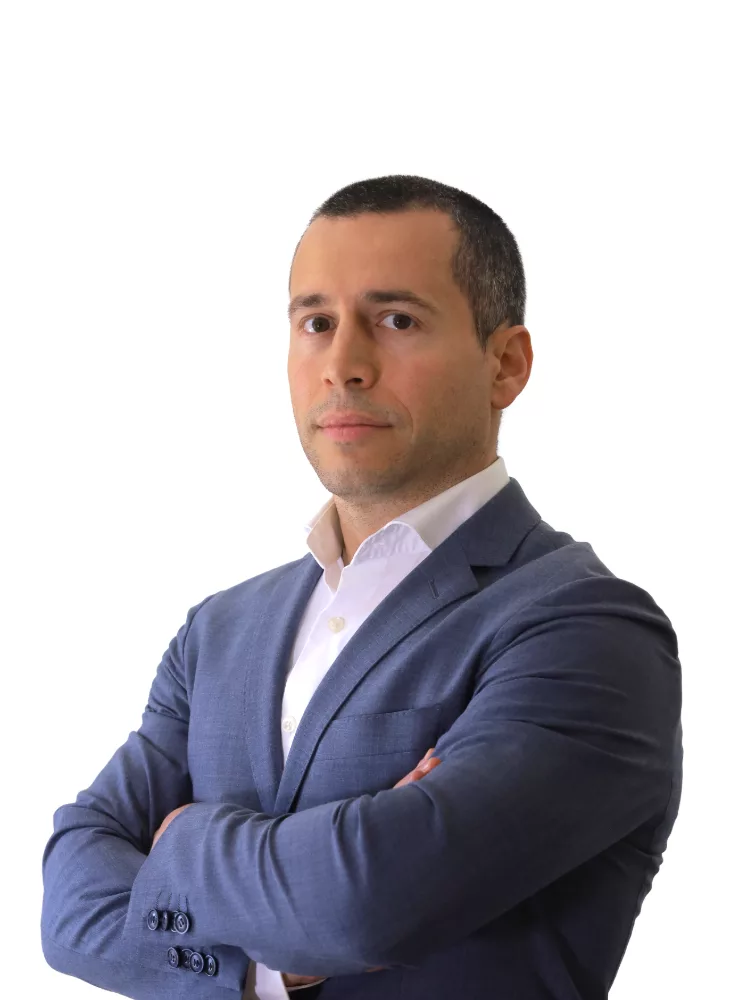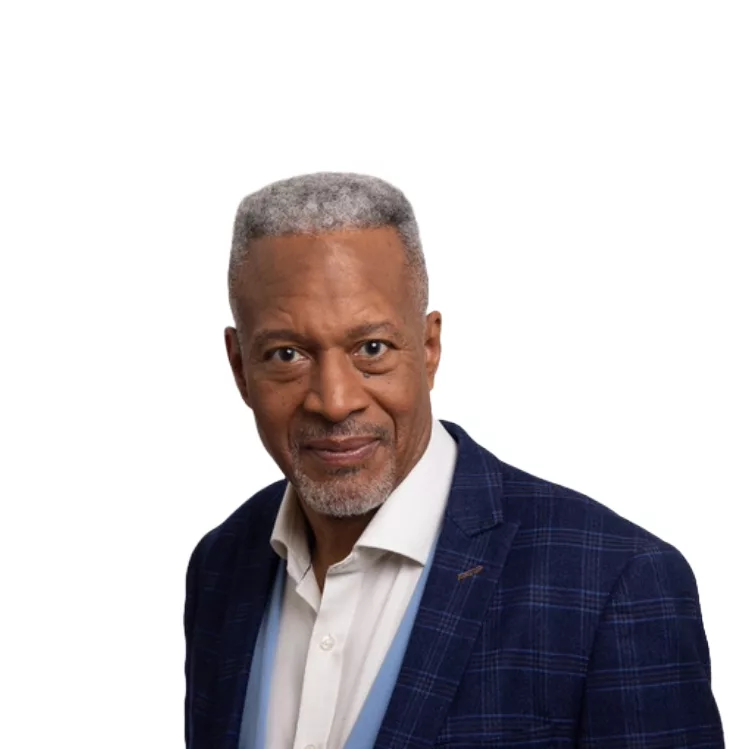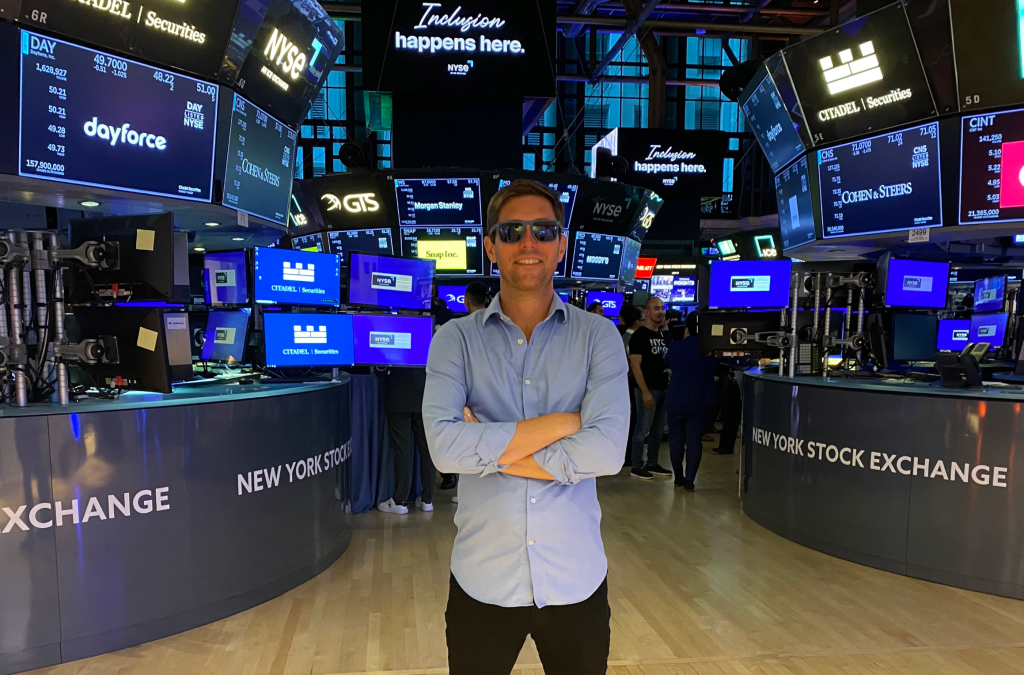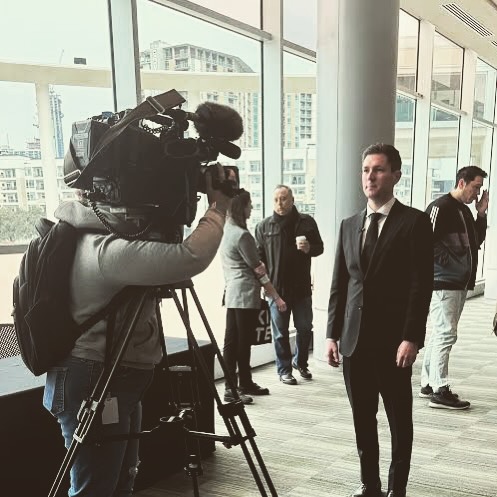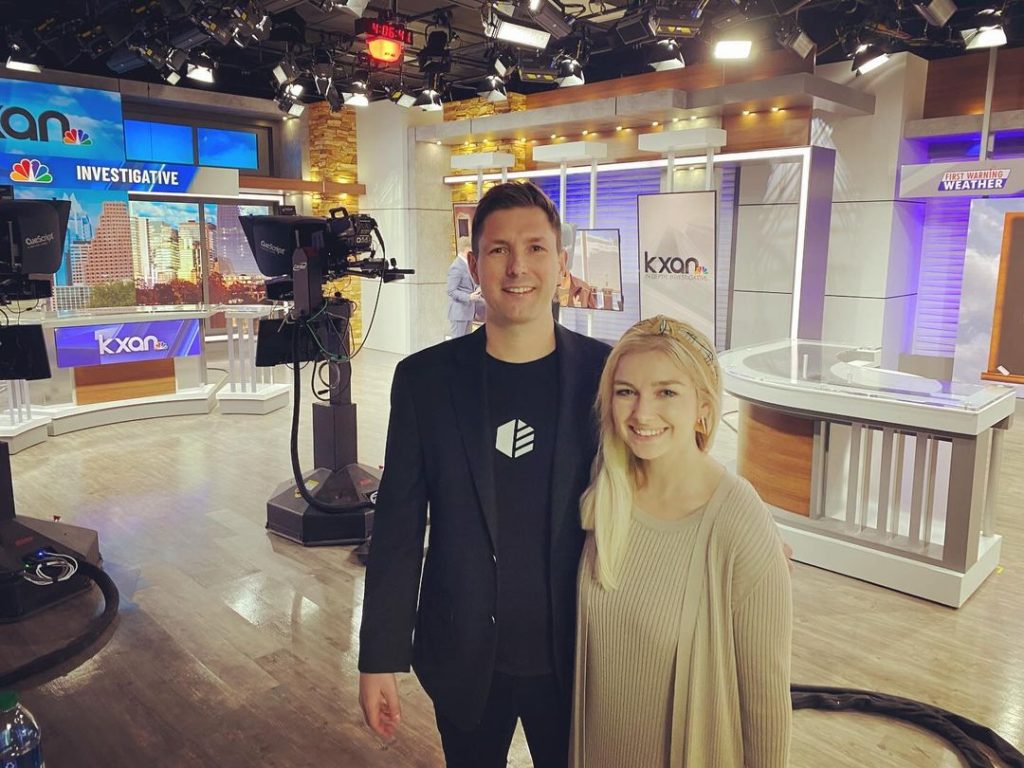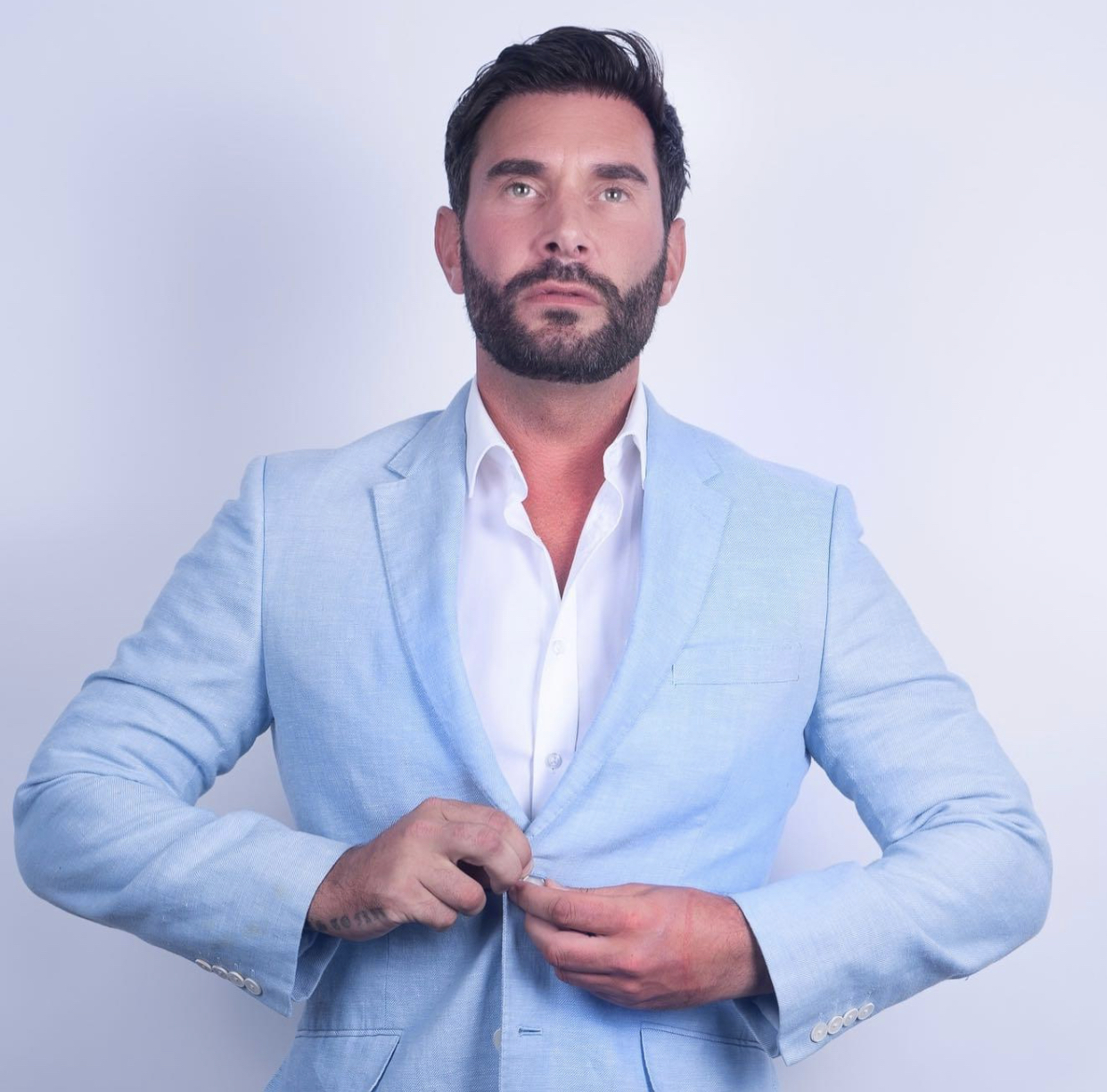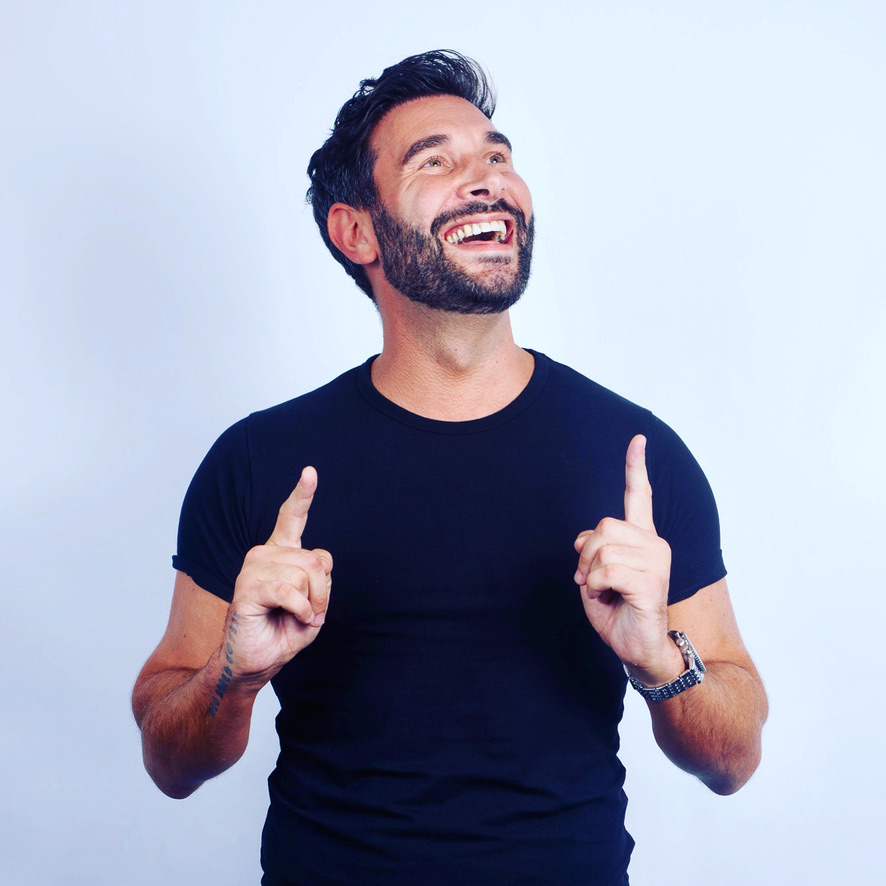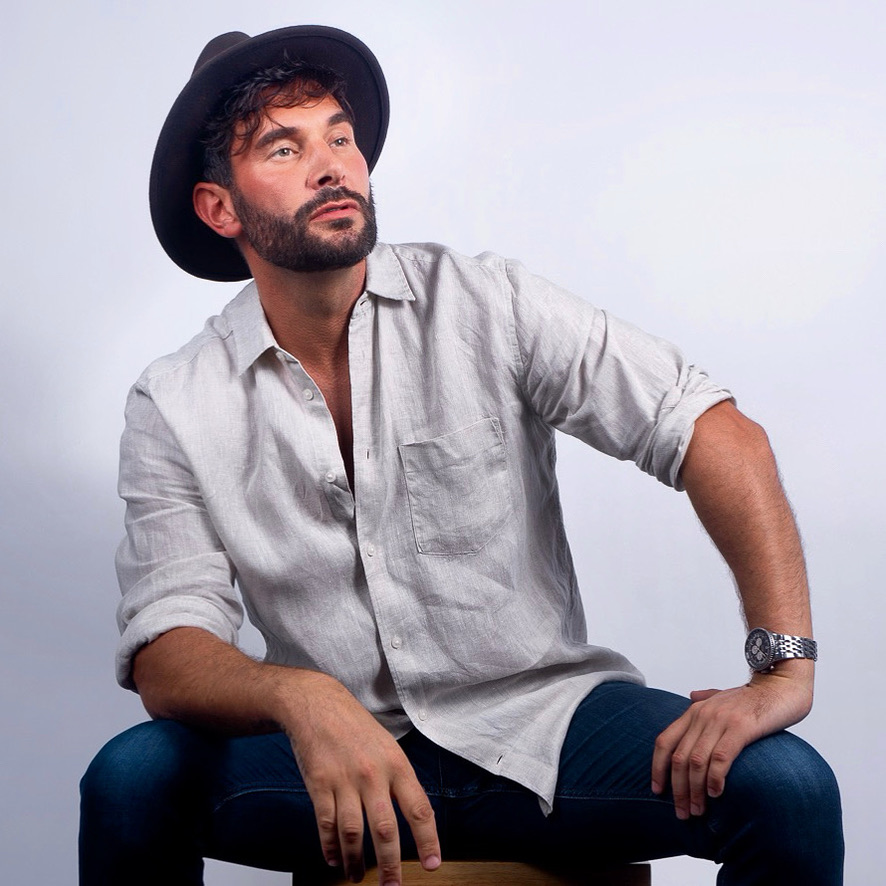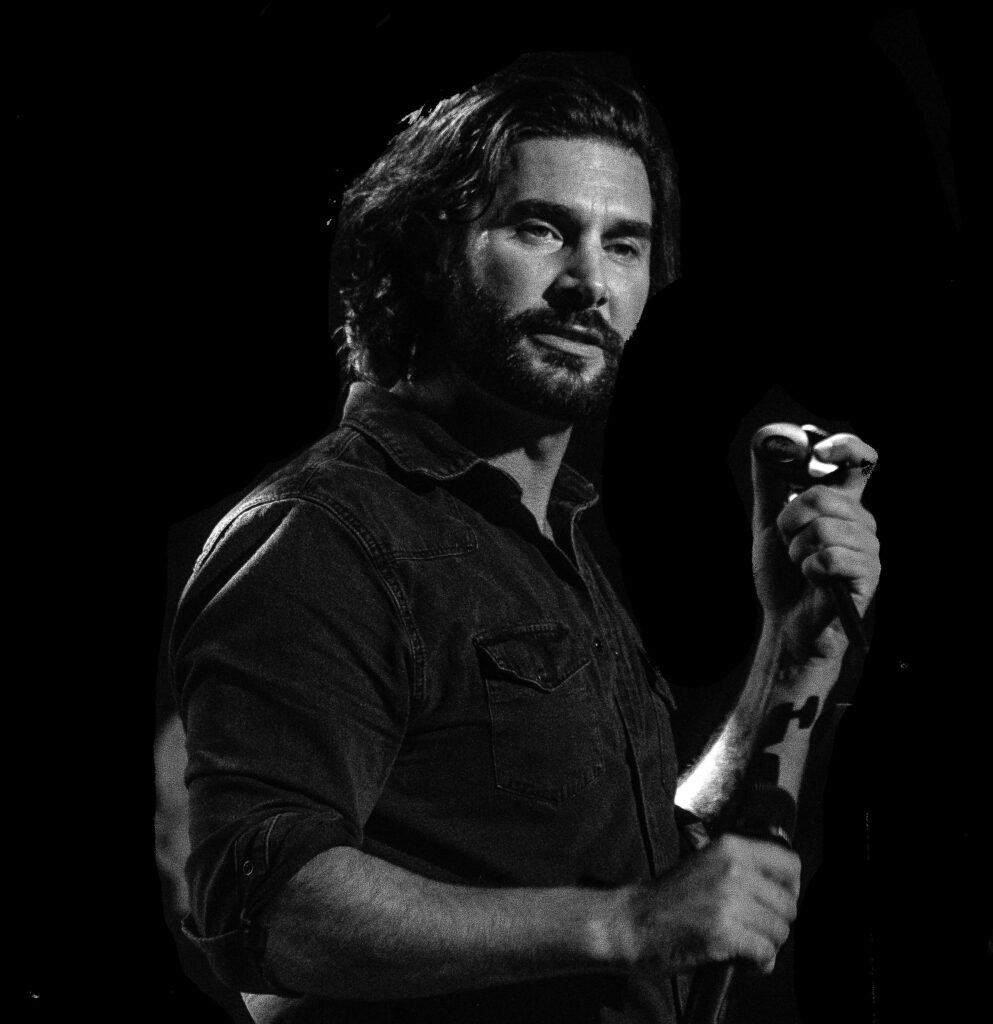From the rugged northern coastlines to the sun-soaked cities of the south, one name is quietly reshaping the landscape of luxury real estate in Portugal—Dr. Nuno R. B. Martins, PhD. As a visionary co-founder of LUX PREMIUM, one of the country’s largest and most dynamic real estate development firms, Dr. Martins has built more than just properties—he’s building an empire. With over €500 million in premium investments and 300,000 square meters under construction, his story is one of bold ambition, strategic brilliance, and a relentless pursuit of excellence. Welcome to the world of LUX PREMIUM—where luxury meets legacy.
Dr. Martins, you’re the founder of several companies across different sectors. What initially inspired your entry into the real estate industry, and how did the vision for LUX PREMIUM come to life?
We are living in the most extraordinary period in human history. Technology now empowers entrepreneurs everywhere to think globally and address humanity’s global challenges. Innovations in computing, communications, and transportation have enabled us to reach across borders and scale impact in unimaginable ways.
My mission is to help build a world of abundance where everyone has a great quality of life. Housing is a fundamental component of that vision. Solving the housing crisis isn’t just about creating shelter for everyone. It’s about improving everyone’s quality of life, health, safety, and dignity. That vision began to take shape during my time at NASA Ames Research Centre, in California, where I explored how exponential technologies could be a powerful tool to help us solve the global housing crisis.
Today, through LUX PREMIUM, we are actively working to develop high-quality, health-centric housing at accessible prices, beginning in my home country, Portugal. Our broader goal is to scale globally, helping to ensure that every individual has a place they can proudly call home. Housing is just one challenge, but it’s a critical one—and I am deeply committed to being part of the solution.
LUX PREMIUM has grown to become one of Portugal’s leading real estate developers. What key factors or strategies have fueled this impressive growth and national presence?
The foundation of our success at LUX PREMIUM can be summarized in one word: integrity. Business is fundamentally about trust and relationships. We believe that our reputation is our most valuable asset, and we do everything we can to uphold it across every stakeholder interaction, whether with clients, partners, municipalities, or suppliers.
We strive to ensure that every participant in our development process feels heard, respected, and satisfied. Long-term success depends not only on delivering excellent products but on fostering enduring trust. For us, honesty is not just a value—it’s a strategy for building a resilient company with a meaningful mission.
Your current development portfolio spans numerous cities across Portugal and represents over €500 million in investment. How do you strategically select locations, and what makes a region ideal for LUX PREMIUM projects?
We select our project locations based on one core criterion: need. Our mission is to develop housing where there is a clear demand for higher-quality, healthier living spaces, particularly in areas where existing housing is substandard.
In many Portuguese cities, residential buildings are outdated and no longer serve the well-being of their occupants. At LUX PREMIUM, we focus on creating modern, energy-efficient, well-ventilated, and well-insulated housing that genuinely enhances quality of life. For us, the term “premium” is synonymous with “healthy” and “impactful”—not “extravagant.” We aim to deliver housing solutions that uplift communities while remaining accessible to residents.
With a gross construction area of 300,000 m² under development, what does this scale of work mean to you, both in terms of business achievement and contribution to Portugal’s urban development?
This scale represents both a milestone and a responsibility. It reflects the trust the market has placed in us, but more importantly, it underscores the magnitude of the work still ahead. There are still many individuals and families in Portugal living in homes that do not meet high health and well-being standards.
Our goal is to redefine what a “home” should be: well-lit, energy-efficient, properly ventilated, and built to support both physical and mental health. Every square meter we build is an opportunity to make a meaningful difference. For LUX PREMIUM, success is measured not only in sold units but mostly in how many lives we have positively impacted.
Premium quality is central to your brand. How do you ensure that each project consistently reflects the high standards that LUX PREMIUM promises?
At LUX PREMIUM, the word “premium” does not mean luxury for luxury’s sake. It means delivering exceptional value by maximizing the ratio of quality to cost. We strive to raise living standards while maintaining affordability. “Premium” in Lisbon may look different from “premium” in a rural town, but the philosophy is the same: we aim to exceed expectations based on the local economic context.
Our commitment is to thoughtful, high-integrity design and execution that enhances everyday life, not just visually, but functionally, socially, and environmentally.
What role does innovation play in your approach to real estate development, and how are you integrating sustainability into your projects?
Innovation is central to everything we do. Technology provides the tools we need to rethink housing from the ground up—from materials and energy systems to lighting, air quality, and insulation.
At LUX PREMIUM, we actively explore how emerging technologies can improve the health, sustainability, and efficiency of our buildings. Our homes are designed to support not just physical comfort, but also mental and emotional well-being. We see housing as a foundational platform for a great quality of life, and innovation is the key to continuously improving that platform.
What have been some of your biggest challenges as a real estate entrepreneur, and how have those experiences shaped your leadership style?
I view myself not as a leader in the traditional sense, but as a team member. My role is to support, motivate, and empower those around me. Leadership, for me, is about service—about ensuring that every individual within our company feels valued, fulfilled, and aligned with our mission.
A company is like a family. Every member’s contribution is essential, and it is our collective responsibility to create an environment where everyone thrives. That mindset has helped me build companies where the culture of purpose and care is just as important as our business goals. A company culture is one of the underlying reasons for a company’s success.
As a founder managing multiple companies, how do you balance your time, make high-stakes decisions, and maintain clarity in your long-term vision?
My compass is always my mission: to make the world a better place. Profit is important, but it is not my ultimate goal—it’s a means to an end. My true measure of success is the number of lives positively impacted by the work we do.
When that purpose is clear, it becomes easier to make decisions, prioritize, and allocate time. I see capital as a tool that, when used wisely, can fuel progress, create jobs, and solve real problems. My energy goes toward maximizing the positive impact my companies can have on people and society.
Looking ahead, do you see opportunities for international expansion or diversification into new sectors under the LUX PREMIUM brand?
Yes, absolutely. While Portugal remains our core focus, we are actively exploring opportunities for international expansion. The housing crisis is not unique to Portugal—it’s a global issue. Our vision is to bring our healthy, human-centric housing philosophy to other countries where we can create similar value.
We are currently identifying markets where there is both need and opportunity for innovation in residential development. But our global ambitions will always be grounded in our founding principles: quality, accessibility, and a commitment to improving lives.
What legacy do you hope to build through real estate and your broader entrepreneurial journey?
I aspire to contribute meaningfully to solving some of the great global challenges of our time—from poverty and clean water access to education, healthcare, and environmental restoration. I believe these challenges are solvable, especially when technology is harnessed thoughtfully and inclusively.
I see entrepreneurship as the most effective vehicle for creating scalable, lasting change. Through my businesses, I aim to address not just housing, but the broader ecosystem of human well-being.
Ultimately, I want to leave behind a world that is better and more abundant for all. And I invite everyone reading this to join in that mission, whether by helping a neighbor, supporting a good cause, or building something extraordinary. Every contribution matters.


